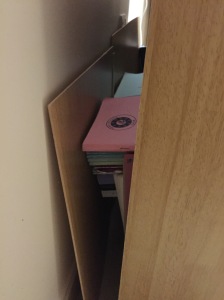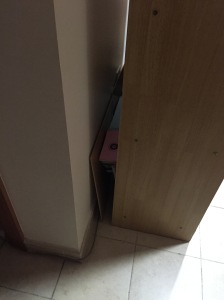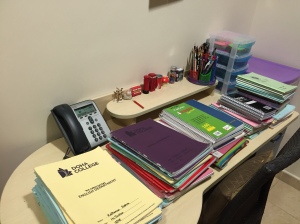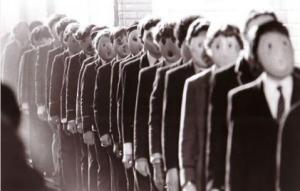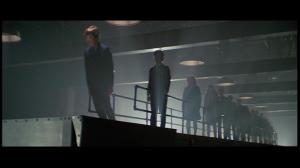I can still see my friend A standing in the door of N’s office, tugging at her abaya and singing “I want to break free”. She did, although it was years before “free” re-entered her dictionary. Now she looks radiant and has a purpose in life. She says it takes her a long time to make a decision, she is slow in weighing out her options and choosing the best one. But once she’s chosen, she goes with it and takes it to its conclusion. Today she showed me a video a friend sent her from Iraq of a glorious sunrise on a farm full of palm trees and chirping, trilling birds. No sound of bombs. Only beauty and freedom. No need for decisions, just breathe in the dawn.
My decisions, if rash, can be like exploding bombs, leaving rubble and devastation, scorched grass, broken glass, injured parties. They are marginally better when I don’t make them immediately, but sleep on them after drinking suitable quantities of thought-inspiring beverages. There is a lot to be said for hangover as a source of insight and serenity.
In general, I think, my decision-making skills are mediocre at best. Therefore I have made a decision not to make decisions. “Don’t rock the boat”, a good friend told me last night. Let the sleeping dogs lie. No decisions. Let it be. I’m feeling decisively mellow having made that decision.

